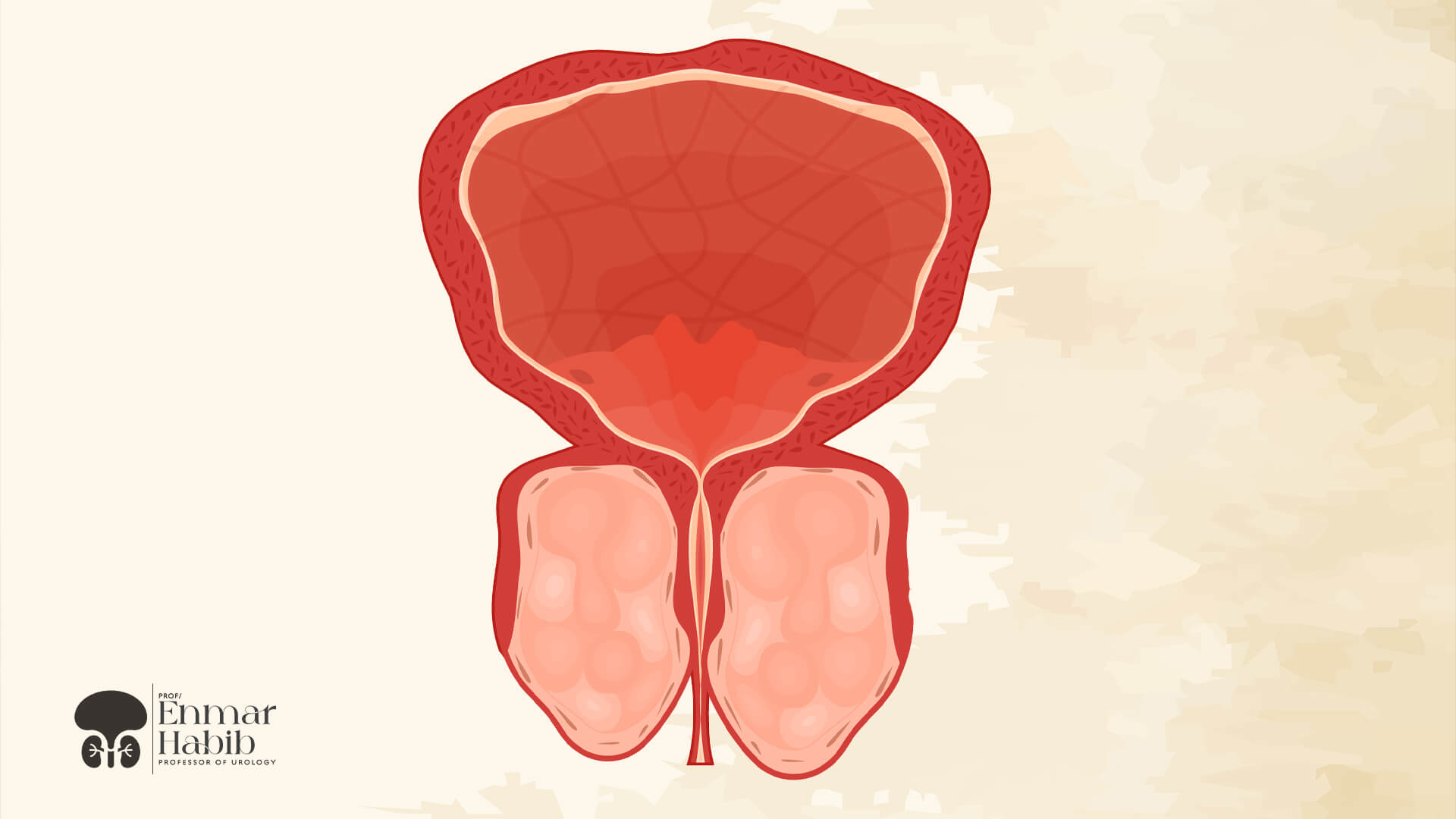Learn About Prostate Enlargement Symptoms
Home Surgery Tips Learn About Prostate Enlargement SymptomsLearn About Prostate Enlargement Symptoms
The symptoms of benign prostatic hyperplasia (BPH) are numerous and include trouble urinating and sexual dysfunction, which affects the patient's daily life.

Learn About Prostate Enlargement Symptoms
As men age, some men may notice difficulty starting to urinate, or perhaps a urine stream may start and stop several times. These are symptoms of benign prostatic hyperplasia, commonly known as BPH, which is an enlargement of the prostate gland.
This gland, which grows at the onset of puberty and again around age 25, enlarges in many men and can compress the urethra, the tube that carries urine from the bladder to the penis.
This condition is most common in men aged 50 and older. The symptoms of BPH can be alarming; over time, they can significantly reduce quality of life and may mask more serious medical disorders.
If you are experiencing symptoms of an enlarged prostate, please have a thorough medical evaluation by Dr. Enmar Mohamed Habib, Professor of Urology and Pediatric Urology at Cairo University and Fellow of McGill University, Canada, immediately.
Signs and symptoms of benign prostatic hyperplasia:
• Frequent urination:This is the most common symptom of an enlarged prostate. Frequent urination in men is often a sign of a prostate disorder. This symptom occurs because an enlarged prostate compresses the urethra, making it difficult for urine to flow freely. It also increases the frequency of waking up during sleep to urinate.
• Weak urine stream:
BPH may also lead to impaired urine flow, where the flow of urine is not as strong as it used to be. This weakness is caused by the narrowing of the urethra caused by the enlarged prostate.
• Difficulty starting and stopping urination (Urinary hesitancy):
One of the symptoms of BPH is difficulty starting and stopping the flow of urine. Not being able to fully control urination can be frustrating and may require extra effort to fully empty the bladder.
• Incomplete bladder emptying (Urinary retention):
An enlarged prostate can restrict the flow of urine, leading to the feeling of not completely emptying the bladder even after urinating.
• Dribbling at the end of urination:
• BPH can also cause urine to drip or leak at the end of urination. The inability to stop the flow of urine completely occurs because the enlarged prostate blocks the urethra, preventing the bladder from emptying completely.
• Urinary tract infections (UTI):
In some cases, BPH may increase the risk of urinary tract infections. Stagnant urine in the bladder, caused by the obstruction, provides a favorable environment for bacteria to multiply and form pus. Often, salts are deposited, leading to stone formation.
• Blood in the urine (hematuria):
The presence of blood in the urine may occur as a result of benign prostatic hyperplasia (BPH). Dr. Enmar Mohamed Habib carefully evaluates this symptom to rule out other potential causes.
• Kidney damage:
If BPH is left untreated, it can lead to kidney damage as stagnant urine accumulates in the bladder and returns to the kidneys, causing potential complications and elevated kidney function test results.
• Sexual dysfunction:
BPH may also contribute to sexual dysfunction, including erectile dysfunction and decreased libido. This happens because an enlarged prostate can negatively affect the normal functioning of the reproductive system.
It's important to know that not all people with BPH experience all of these symptoms. The severity and type of symptoms may vary from person to person. If you experience any of these symptoms, it is recommended to consult Dr. Enmar Mohamed Habib, Professor of Urology and Pediatric Urology at Cairo University and Fellow of McGill University, Canada, for proper diagnosis and treatment, as the symptoms of BPH are similar to those of other disorders, including prostatitis or prostate cancer.